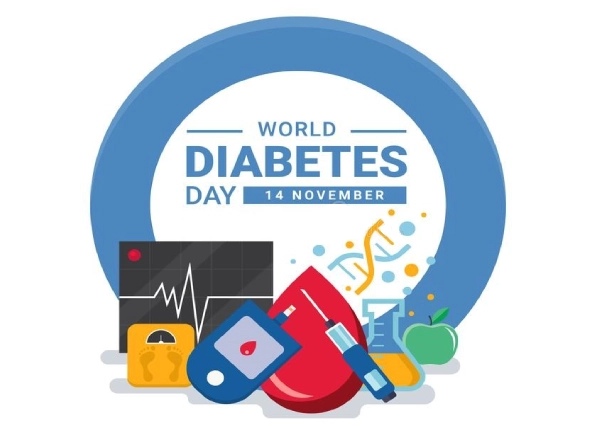Role Of Metabolic Surgery In Type-2 Diabetes Mellitus
Epidemiology
Globally as of 2015, it was estimated that there were 392 million people with type-2 diabetes making up about 90% of diabetes total cases. This is equivalent to about 6% of the world's population. Diabetes is common both in the developed and the developing world. It remains uncommon, however, in the least developed countries.
Women seem to be at a greater risk as do certain ethnic groups, such as South Asians, Pacific Islanders, Latinos, and Native Americans. This may be due to enhanced sensitivity to a Western lifestyle in certain ethnic groups. Traditionally considered a disease of adults, type-2 Diabetes is increasingly diagnosed in children in parallel with rising obesity

Types Of Diabetes Mellitus
Chronic Complications
Retinopathy
Nephropathy
Neuropathy
Macrovascular
Cerebrovascular, Cardiovascular, Peripheral Vascular Disease
Acute Complications
Diabetic Ketoacidosis
Diabetic nonketotic, Hyperosmolar coma
Hypoglycemia
Why To Treat Diabetes Mellitus
Diabetes is a serious medical condition that can cause you to become fatigued, feel extreme hunger, and experience other more serious problems over time.
If Diabetes Mellitus is left untreated, it can lead to multiple devastating complications, such as heart diseases ( Myocardial Infarction) , nerve damage (Peripheral Neuropathy), blindness ( Diabetic Retinopathy) , kidney failure ( Chronic Kidney Disease) , Alzheimer’s disease ( Cognitive Dysfuntion, vascular Dementia). Sexual Dysfunction and amputations. Additionally, the risk of death for adults with diabetes is 50 percent higher than for adults without diabetes
Management And Treatment Options :
Management of type 2 diabetes focuses on lifestyle interventions, lowering other cardiovascular risk factors (Hypertension, High Cholesterol, Micro-albuminuria) and maintaining blood glucose levels in the normal range. Self-monitoring of blood glucose for people with newly diagnosed type-2 diabetes may be used in combination with Education.
Life style and Dietary modifications
Physical activity
Medications
-
Oral Anti-Glycemic Agents
-
Insulin
Weight Loss Surgery ( Bariatric / Metabolic Surgery )
Bariatric / Metabolic Surgery For Diabetes Mellitus Type-2 :
Bariatric surgery (or weight loss surgery) includes a variety of procedures performed on people who are obese. Long term weight loss through the standard of care procedures (Roux en-Y bypass, sleeve gastrectomy, and biliopancreatic diversion with duodenal switch) is largely achieved by altering gut hormone levels responsible for hunger and satiety, leading to a new hormonal weight set point. Bariatric surgery is the most effective treatment causing weight loss and reducing complications of obesity as well as Diabetes Mellitus.
Long-term studies show the procedures result in significant long-term loss of weight, recovery from diabetes, improvement in cardiovascular risk factors, and a mortality reduction from 40% to 23%.



